Working in the domain of decomposition and preservation Marcin Rusak explores themes of consumption, ephemerality, ageing, degradation, and longevity in his idiosyncratic furniture design. At his Warsaw studio, the artist elevates underutilised sources like abandoned metal or waste flowers. He crafts sculptural furniture designs, vases, and installations that combine his artistic expressions and sustainable approaches. In his practice, Rusak questions the widely held belief that design contributes to the production of disposable and fleeting products. Through his designs, he discusses concepts such as the utilisation of waste and excess, by developing an independent material library called the ‘Living Archive’. The vast material library revolves around organic (degradable) and synthetic (durable) matter, including floral waste.
Rusak focuses attention on the organic features of the materials and underlines how the objects are living things that transform over time. He sees beauty in the flaws of the withering plants as they emerge in his designs. "When I was a kid, I used to be surrounded by nature: I would play in the garden and the derelict, abandoned glasshouses that surrounded my family house. However, it was not until my studies in London that I realised the importance we – as humans – place upon nature; how it continues to be a source of inspiration, aesthetics, and emotions. It was then that I started investigating the world of plants, and especially the reality behind the cut-flower industry – with all the controversial aspects relating to DNA manipulation, worldwide commerce, and the giant waste this industry produces. Afterwards, I started experimenting with using waste flowers as raw material in my creations and treating them as a medium to talk about concepts such as ephemerality, consumption and decay, which continue to form the core values in my practice," shares Rusak.
Rusak welcomes natural cycles as an inherent feature of each piece. He aims to increase awareness of and participation in the almost imperceptible evolution of natural processes by embracing the visual changes in them. The patina and colour changes that inevitably occur over time become an asset rather than a flaw to the sculptural art. Instead of trying to stop time from moving forward, he makes it expected, apparent and wanted. Every collection by Rusak embraces this philosophy from ideation to completion. A conscious selection of designated procedures leads to the final outcome. "I use botanic matter primarily as a starting point and raw material for developing unique art pieces. I am interested in the way plants can be used as timber rather than embellishment: in the past, craftsmen would carve out floral motifs in wood, or print and paint them over various surfaces, from books to clothes to murals. Today, under the pressuring issues of sustainable development, we investigate the possibilities of substituting unsustainable, oil-based plastics with bio-based, compostable materials, and research less energy-consuming solutions in production. This is how I developed the Perishable Series and invented the Protoplasting Nature and Tephra series, for which I am using a customised technology based on industrial metallisation, previously applied e.g. in the maritime industry," shares Rusak on his process behind creating the designs.
Emphasising the theme of memory, deterioration, and preservation, Rusak adds, "Humans are emotional creatures – we attach value and meaning not only in regard to human-to-human or human-to-animal intercourses but also to the relationships we have with the world around us, be it man-made or “natural”. Being brought up in an environment that struggled with sustaining a sense of continuity, I paid particular attention to the ways we build narratives around our memories and the things we value the most. This is also what attracted me to the creative field –through my art, I was able both to build and destroy, and observe the steady growth and decay of the objects I made."
"I am fascinated by the possibility of creating a new visual language that would embrace 'ugliness' and decay and question the status quo in the world of contemporary collectable design. I am well aware of how much pressure is put on the visual aspects of design, especially in the Instagram era. Images sell it all. However, I am driven to dig deeper, to carve my own space within contemporary culture," shares Rusak on his approach towards his collections.
Flora Temporaria
The Flora material, which is based on flowers and resin, symbolises Rusak's desire to preserve the ephemeral beauty of botanical matter. The furniture designer’s unquenchable interest in the beauty of nature and the meaning of material things has spurred years of investigation that has resulted in the material. Each creation from cabinets to table designs requires a lot of manual labour since everything from gathering and processing the flowers to working with metal or polishing the resin is done by hand. Each piece is put together similar to a painting, with flowers chosen for their artistic features and colours. "With the Flora Temporaria material, I initially aimed at developing a material that would change over time –the flowers would slowly disappear, consumed by a special set of bacteria injected into the resin. However, in the final iteration, the material solidifies the organic matter, revealing its beauty and also underlining its inherent temporality. I am fascinated by the versatility of the material – the way it can be reinvented and reinterpreted over and over again. Each floral composition is entirely unique, and I think of them as actual paintings, in which I focus on highlighting the sculptural qualities of the flowers, their colours, but also their meaning," explains Rusak.
Tephra
The Tephra collection derives its name from the geological term for the petrified fragments ejected from volcanoes. It is crafted using specially treated flowers mounted on sculptural forms made of hand-welded steel wire and jute. The dense textures are metallized using a thermo-coating technique, which results in an almost Pompeiian effect of silhouettes covered in volcanic debris.
Protoplasting Nature
A consideration of conventional floral decoration led to the development of this collection. The work of Marcin Rusak Studio explores the relationship between nature, people, and technology by using botanical matter as the cabinet, table and chair design’s primary structure rather than applied adornment.
Chochoł
A single sculpture installation inspired by Stanislaw Wyspiaski's well-known pastel 'Chochoy' a symbol of the Moda Polska (Polish Art Nouveau) movement. An equivocal design that resembles both a human figure and a hay cone captures the concepts of temporary protection, preservation, and nature's ability to regenerate. An organic cocoon is created by wrapping a steel wire framework with hand-stitched jute and dried flowers. An ephemeral layer of shellac and flower debris is applied to the elaborate base and is partially metallized with zinc in a gesture signifying the conflict between disintegration and preservation. The artwork comes to life depending on the atmospheric conditions and its gradual deterioration, gradually revealing its secret layers and carrying the hope of becoming something different.
Marcin Rusak Studio minimises their carbon footprint by encouraging sustainability and by using waste materials that would otherwise go to landfills or be burned. Additionally, the utilisation of organic materials gives the finished products a biophilic quality that fosters a bond with nature. "At Marcin Rusak Studio, we focus primarily on self-initiated and commission-based work. This way, we ensure that we do not add to the global overproduction of goods. Furthermore, our pieces elevate overlooked source materials such as waste flowers or discarded metal and implement them in works that question the widespread notion of design as an activity that helps produce disposable, short-lived commodities. We are guided by the philosophy that if the piece cannot be fully disintegrated, it should be durable and timeless, and passed on from one generation to the next. On top of that, we come up with custom techniques that help us reduce our footprint. For instance, the metallisation technique used in the Protoplasting Nature and Tephra series helps us reduce the amount of energy and raw material used, compared to e.g. traditional metal casting," shares Rusak. Embracing sustainable design methods, Marcin Rusak Studio has set an example of how product design can be aesthetic, functional and sustainable.
The studio continues its philosophy with various projects released in the future. When asked about what comes NEXT Rusak elaborated, "I am currently working on a new series of Flora Vases for a new gallery collaboration, for a solo show in Paris in autumn. Apart from working on new projects and commissions, I am especially excited about the redevelopment of Swidno Palace, a late-eighteenth-century villa in central Poland. Right now, I am using the premises as a laboratory for my work – it is where I am testing the ideas of preservation and decay that continue to form the axis of my practice. While I strongly feel that the full reconstruction into its original, late-baroque form would be impossible and futile nowadays, I treat the villa and the nature surrounding it as one, forming a unique environment also with the works implanted there, both inside and outdoors," shares Rusak about the future endeavours of the studio.
Text by Ria Jha






 Sign in with email
Sign in with email


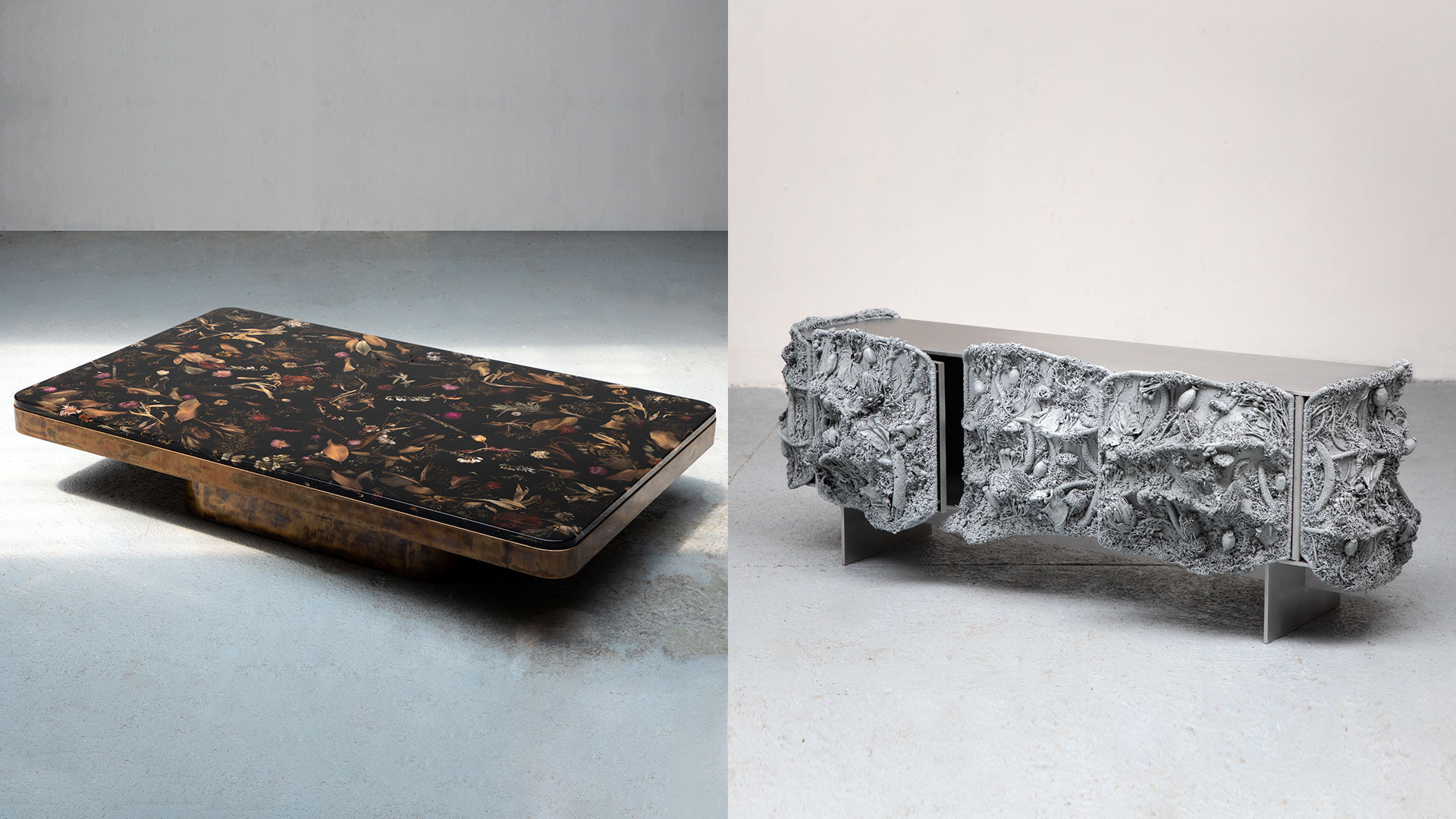
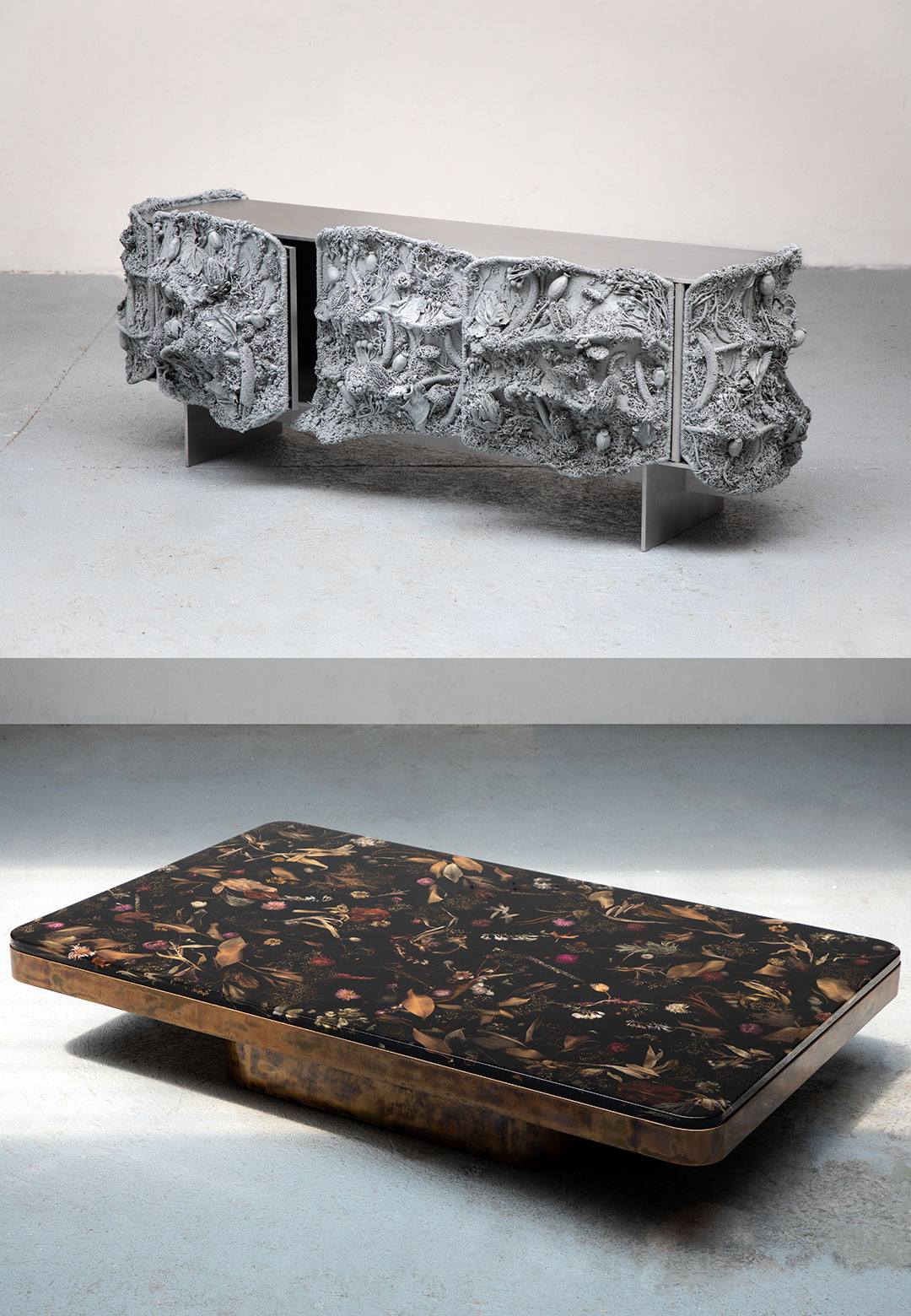
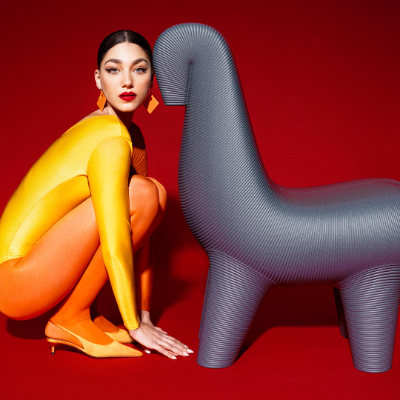
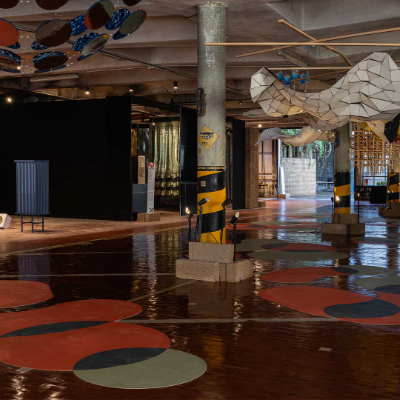
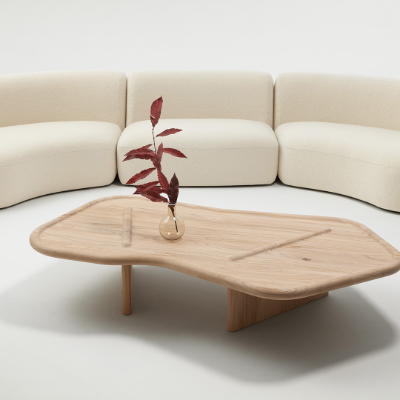
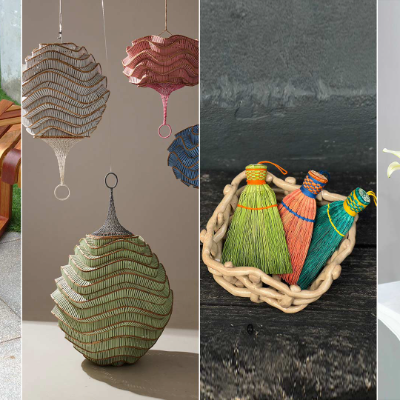
What do you think?